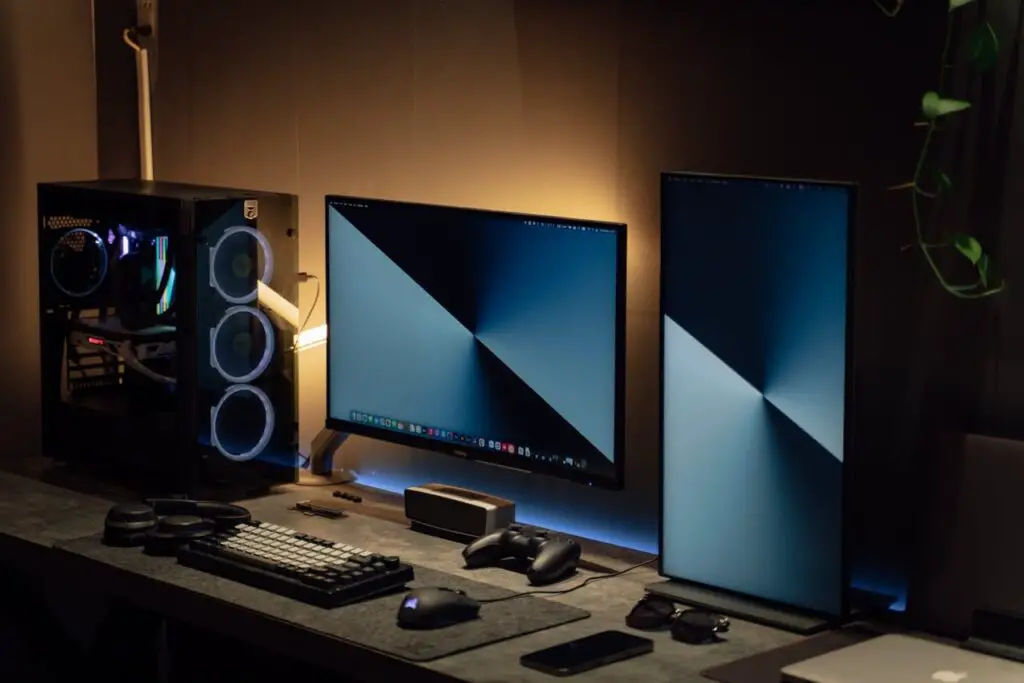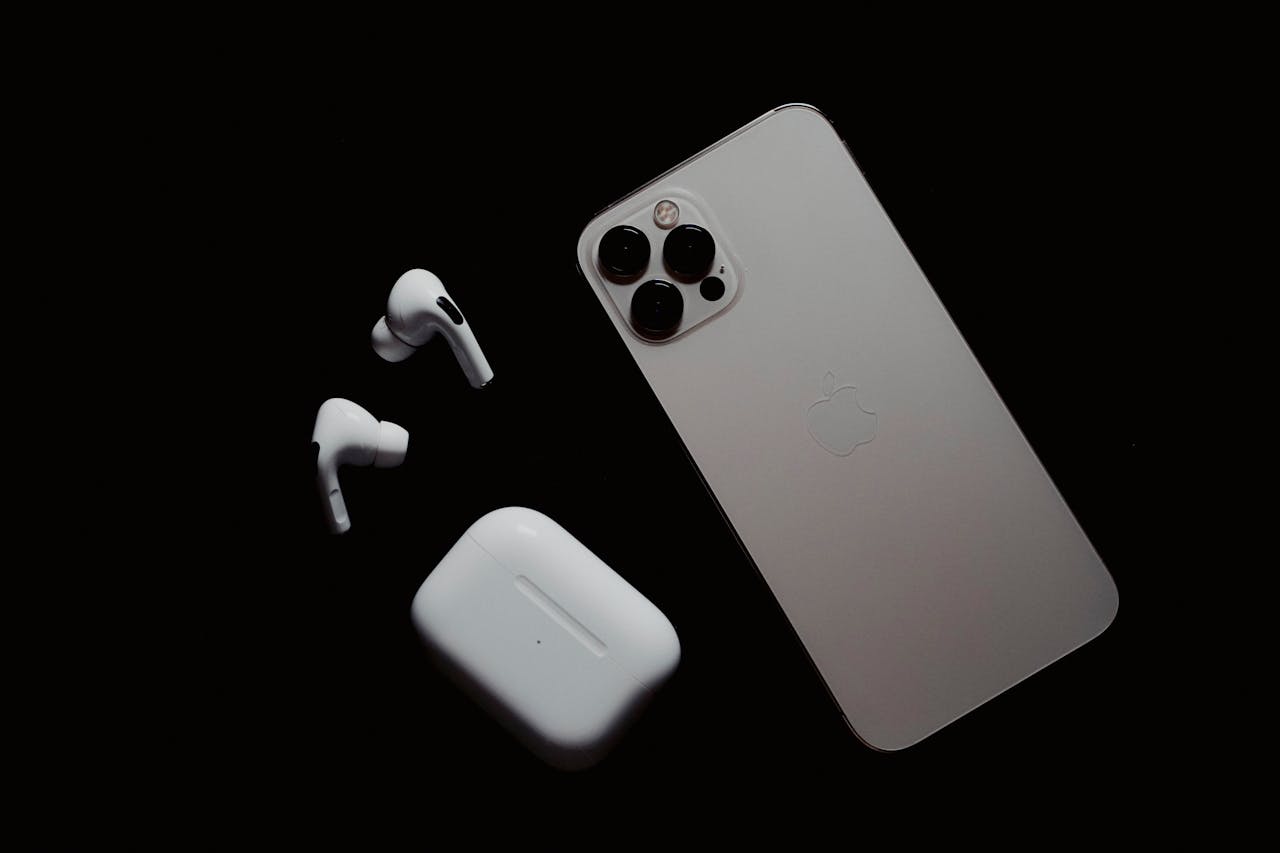10 Historically Strong Dividend Stocks for Long-Term Investors

Investing in dividend stocks is a smart strategy for those looking to build a reliable income stream while also benefiting from long-term capital growth. The best dividend stocks not only provide consistent payouts but also have strong financials and growth potential. Whether you are a retiree seeking steady income or an investor looking to reinvest dividends for compound growth, these ten dividend stocks offer a balance of stability and future potential. Here are ten top dividend stocks that can bring you both consistent income and long-term growth.
1. Johnson and Johnson (JNJ)

Johnson and Johnson is a healthcare giant with a diversified portfolio spanning pharmaceuticals, medical devices, and consumer health products. The company has a long history of increasing its dividend, making it a Dividend Aristocrat with over 60 consecutive years of dividend growth. Johnson and Johnson’s strong balance sheet, global presence, and consistent revenue growth make it a top pick for dividend investors looking for stability and income growth.
2. Procter and Gamble (PG)

Procter and Gamble is a leader in the consumer goods sector, known for its household brands like Tide, Gillette, and Pampers. The company has been paying dividends for more than a century and has increased them for 66 consecutive years. Procter and Gamble’s strong brand recognition, pricing power, and recession-resistant products ensure steady cash flow and reliable dividend payments, making it a solid long-term investment for income-focused investors.
3. PepsiCo (PEP)

PepsiCo is not just about soft drinks—it has a diversified business that includes snacks, beverages, and health-conscious products. This diversification has helped the company maintain steady revenue growth, even in economic downturns. With a strong track record of increasing dividends for 50 consecutive years, PepsiCo offers a reliable and growing income stream, making it a great option for dividend investors seeking both stability and capital appreciation.
4. Coca-Cola (KO)

As one of the most recognized brands in the world, Coca-Cola has a business model that generates consistent cash flow. The company has been paying dividends for over a century and has increased them for 60 consecutive years. Coca-Cola’s global reach, pricing power, and strategic acquisitions in the non-soda beverage market make it a strong dividend stock that provides both steady income and potential for long-term growth.
5. McDonald’s (MCD)

McDonald’s is a powerhouse in the fast-food industry with a strong global footprint and a highly profitable franchise model. The company has been increasing its dividends for over 40 years, making it a reliable choice for income investors. With its ability to adapt to changing consumer trends, invest in technology, and expand digital sales, McDonald’s continues to grow its earnings, supporting future dividend hikes and capital appreciation.
6. Realty Income (O)

Known as “The Monthly Dividend Company,” Realty Income is a real estate investment trust that focuses on high-quality commercial properties. The company has a long history of paying monthly dividends and has increased them for more than 25 consecutive years. Realty Income’s strong portfolio, defensive business model, and long-term lease agreements with reputable tenants make it an attractive dividend stock for investors seeking consistent and growing income.
7. AbbVie (ABBV)
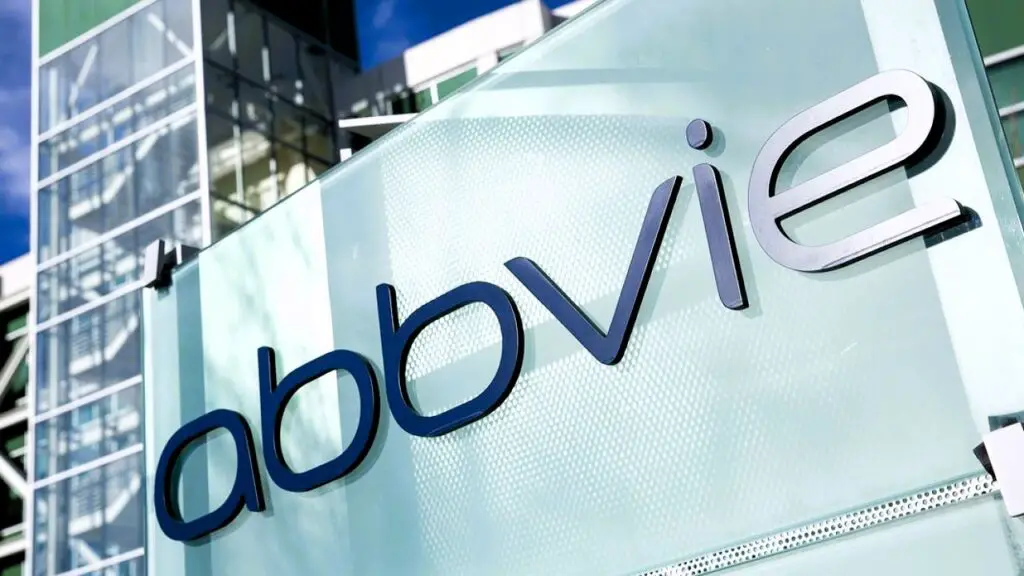
AbbVie is a pharmaceutical company known for its blockbuster drug Humira, along with a strong pipeline of new treatments. Despite patent expirations, AbbVie continues to deliver strong earnings growth through acquisitions and new product launches. The company offers a high dividend yield and has consistently increased its payouts, making it a top healthcare dividend stock for investors looking for both income and growth potential.
8. Verizon Communications (VZ)
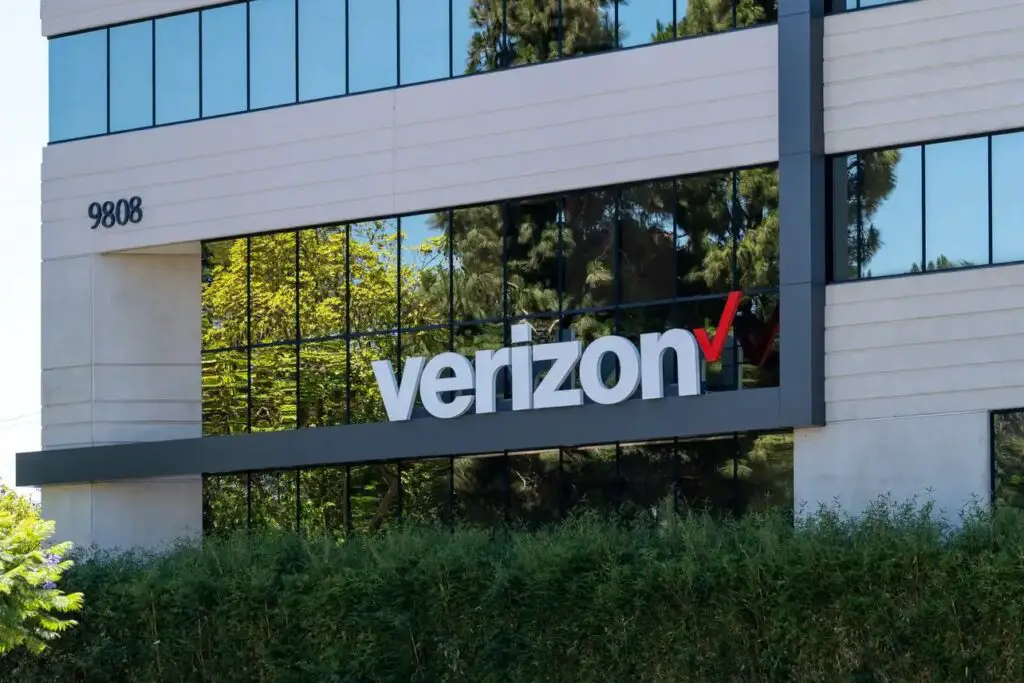
Verizon is a telecommunications giant with a strong market position in wireless services. The company provides a high dividend yield and has a track record of consistent dividend growth. With the expansion of 5G technology, Verizon is well-positioned to benefit from increased data consumption and connectivity demands. This stability makes it an appealing dividend stock for those looking for reliable income from a well-established business.
9. Microsoft (MSFT)

While not traditionally known for dividends, Microsoft has become an attractive dividend stock due to its consistent dividend growth and strong financials. The tech giant has a dominant position in cloud computing, software, and artificial intelligence, ensuring sustained revenue growth. Microsoft’s strong balance sheet, low payout ratio, and commitment to shareholder returns make it an excellent choice for investors who want a combination of income and long-term capital appreciation.
10. Apple (AAPL)
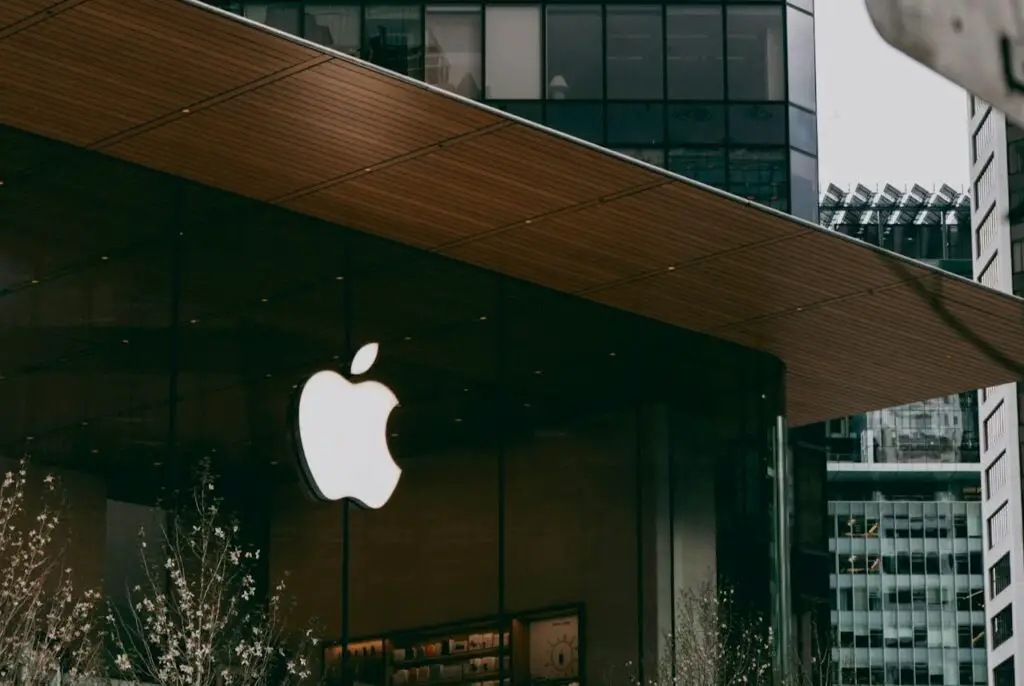
Apple is another tech giant that has been rewarding shareholders with dividends and stock buybacks. The company’s strong brand loyalty, innovation, and diversified revenue streams—including services, wearables, and hardware—ensure consistent cash flow. Apple’s dividend yield may not be as high as some traditional dividend stocks, but its consistent dividend growth and strong financial health make it a compelling choice for investors looking for both income and stock appreciation.
Final Thoughts

Dividend investing is a powerful strategy for building long-term wealth, and the right dividend stocks can provide both reliable income and significant growth potential. Companies like Johnson and Johnson, Procter and Gamble, PepsiCo, and Microsoft have demonstrated their ability to grow dividends while maintaining strong financials. Whether you are looking for high-yield opportunities like Verizon and Realty Income or stable growth from tech giants like Apple and Microsoft, these ten dividend stocks offer a balanced approach to income investing. By focusing on companies with strong business models and a history of dividend growth, investors can build a portfolio that delivers consistent income while benefiting from capital appreciation over time.

















